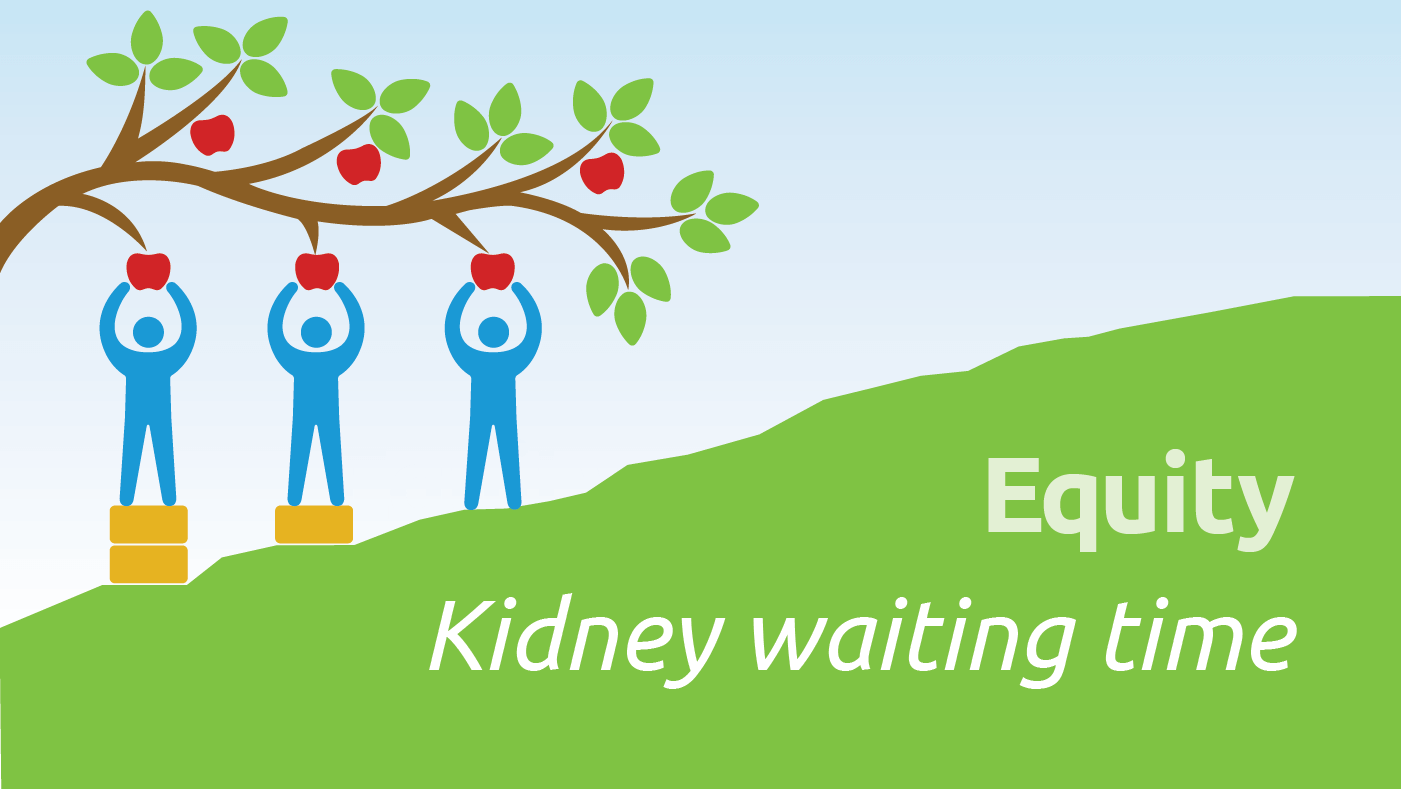Changes
For all
For OPOs
For transplant hospitals
Fundamentals
Changes: Pending and implemented

eGFR: What all kidney programs are required to do before and after Jan. 3, 2024

Patient information letter updated
Now available in additional languages. Get the patient information letter
For all members
OPTN policies and bylaws
OPTN evaluation plan
How UNOS, as the OPTN contractor assesses member compliance with OPTN policies and bylaws.
Evaluation planQuick links
- Professional education toolkits on OPTN
- Policy notices on OPTN
eGFR Waiting time modifications
- Information on waiting time modifications for candidates affected by race-inclusive eGFR calculations
- All kidney programs required to fulfill policy requirements
- eGFR attestation documentation due Jan. 4, 2023
Improvements to MELD and PELD now in effect (July 13, 2023). View the implementation notice
Lung allocation: View resources for lung allocation policy based on continuous distribution implemented on March 9, 2023. View toolkit
- Now in effect, lung continuous distribution policy. Find more details in the implementation notice.
- Liver continuous distribution policy development under way, learn more here.
Need to apply or amend your organization’s OPTN membership?
- Find Member Community’s online application forms here.
- Have a question? Email [email protected].
Resources with more information about OPTN member requirements and obligations:
- National Organ Transplant Act, as amended, 42 U.S.C. 273 et seq.
- OPTN Final Rule, 42 CFR Part 121
- OPTN bylaws
- Article I: Membership of the OPTN
- Appendix D and L
- OPTN patient resources
- Animated videos for
- KDPI and EPTS
- Lung CAS
- Liver MELD and PELD Updated
- UNOS policy brochures
- Transplant living website
For professionals:
- Guidance for donor and recipient information sharing
- Informing patients: Patient information letter
- Positive serologies – OPTN FAQ about PDDTE policy changes
- OPTN guidance for reporting PDDTE
SLK: Simultaneous liver-kidney allocation
- OPTN SLK toolkit
- UNOS instructional video
Clarification to multi-organ allocation policy
- UNOS implementation notice: Clarification of multi-organ allocation policy, changes in DonorNet (2/10/2022)
Guidance on new OPTN policies aligning with PHS guideline:
Questions?
- Policy questions, email [email protected]
- Member monitoring questions, email [email protected]
- UNetSM helpdesk: call UNOS Customer Support at (800) 978-4334
News you need in your inbox

Receive the latest organ transplantation and donation news delivered directly to your inbox. Subscribe to UNOS Transplant Pro
Organ procurement organizations
Collaborative learning
OPTN DCD Procurement Collaborative
Identifying and sharing effective practices regarding approaches to donation after circulatory death (DCD) procurement. Learn more about the collaborative
Changes: Pending and implemented
FDA resource: FDA-approved screening and diagnostic tests
Questions?
- Policy questions, email [email protected]
- Member monitoring questions, email [email protected]
- UNetSM helpdesk: call UNOS Customer Support at (800) 978-4334
News you need in your inbox

Receive the latest organ transplantation and donation news delivered directly to your inbox. Subscribe to UNOS Transplant Pro
Transplant programs
Changes: Pending and implemented
Patient information letter updated
Now available in additional languages. Get the patient information letter
Within 7 days
Transplant hospitals must report to the OPTN the disposition of all extra vessels, including their use, sharing, or destruction, within seven days of their use, sharing, or destruction. (OPTN policy 16.6.C, Reporting requirements for extra vessels)
Storing vessels/positive vessel storage
- Extra Vessels changes (UNOS, 2019)
- Vessel Disposition Reporting FAQs (UNOS, 2015)
Kidney paired donation
- OPTN KPD toolkit
- UNOS KPD toolkit
- UNOS article: Transplant surgeon/physician certification
- OPTN: FAQs for professionals about implementation of the requirement for race-neutral eGFR calculations
Access UNOS Connect videos in the course catalog under the Quality/Effective practices category. You’ll find:
- Bayesian methods
- Demystifying the MPSC performance review process
- Performance management series town hall
- Benefits of participating – testimonial
Questions?
- Policy questions, email [email protected]
- Member monitoring questions, email [email protected]
- UNetSM helpdesk: call UNOS Customer Support at (800) 978-4334
News you need in your inbox

Receive the latest organ transplantation and donation news delivered directly to your inbox. Subscribe to UNOS Transplant Pro
Fundamentals
Changes: Pending and implemented
UNOS and the OPTN work with committees of volunteers to create policies to ensure that our national system is equitable.
- How we develop policy.
- Hear community perspectives at regional meetings.
- Add your voice to public comment.
- Be a part of the process. Get involved and join a committee.
- Learn about compliance and performance monitoring. UNOS Member Quality is your partner in improvement.
These three organizations work closely together, but each has their own distinct role in supporting, monitoring and improving the national transplant system.
- The Organ Procurement and Transplantation Network, or OPTN, is a public-private partnership that links all professionals involved in the U.S. donation and transplantation system. It is a member organization that acts through its Board of Directors and volunteer committees. The OPTN board establishes and maintains transplant policies and bylaws. Learn more about the OPTN.
- UNOS is the non-profit that serves as the OPTN under contract with the federal government, and convenes the community to develop policies together. UNOS manages the national transplant waiting list and maintains the database that contains all organ transplant data for every transplant event in the U.S. Learn more about UNOS and its role as the OPTN.
- The Scientific Registry of Transplant Recipients, or SRTR, operates under contract with the federal government. The SRTR works with UNOS as the OPTN contractor and provides analytic support in policy development and performance monitoring. The SRTR evaluates the performance of the system through regular publication of reports. Learn more about SRTR.
![]()
Working together: Our nation’s organ donation and transplant system
- The nation’s system functions as a public-private partnership. View a diagram of its structure
- The OPTN, HRSA and CMS have different roles. Learn about the roles
